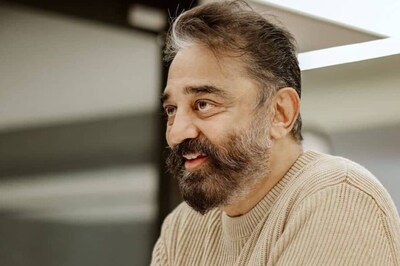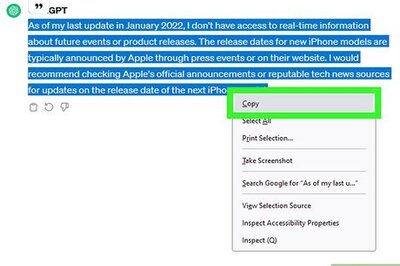
views
BANGALORE: Involvement of people living with HIV (PLHIV) and sex workers in policy making, budget and decision making for formulating National AIDS Control Programme’s fourth fiveyear plan, NACP-IV, came up as a major recommendation at the regional consultation held here on Sunday.“We (sex workers) know our situation best, so we should have the power to decide many things about the programme. We should set the targets, we should say how the money should be budgeted and provided and who can do the job best and we should decide how we should collect information and which is of principal use to us” said, Jayamma, Chaithanya Mahila Mandali from Hyderabad.Expressing her views, Pushpalatha from Swathi Mahila Sangha, Bangalore, who is also a part of Indian Network of Sex Workers (INSW), said, “We need to define the management structure of the project and the sex workers should decide the structure and management.We will make sure that the outcome is achieved.” Voicing her opinion Gowramma from Ashodaya, an organisation for the male, female and hijra sex workers and HIV positive said, “There is an urgent need to look carefully for solutions for social inclusion and that is the only way the programme will matter to thousands of sex workers.” Strongly reacting to the process of finalising the NACP IV document, Dr Sundar Sunderaraman, who was involved in the HIV planning for several years said, “Unfortunately, the NACP-IV is seen as AIDS control programme but it is a national plan and it should be treated as such.” He added, “The plan should go beyond prevention strategies like distribution of condoms and providing treatment for Sexually Transmitted Infections (STI). It should be strong enough to address individual concerns like schooling of children of sex workers and providing livelihood to Injecting Drug Users (IDU).” About 100 delegates from five southern states including 50 sex workers, 20 people living with HIV and 25 experts and implementing NGO and members of civil society took part in the consultation.The consultation formed part of the five regional consultations, with others being held at Guwahati, Kolkota, Delhi and Pune.




















Comments
0 comment